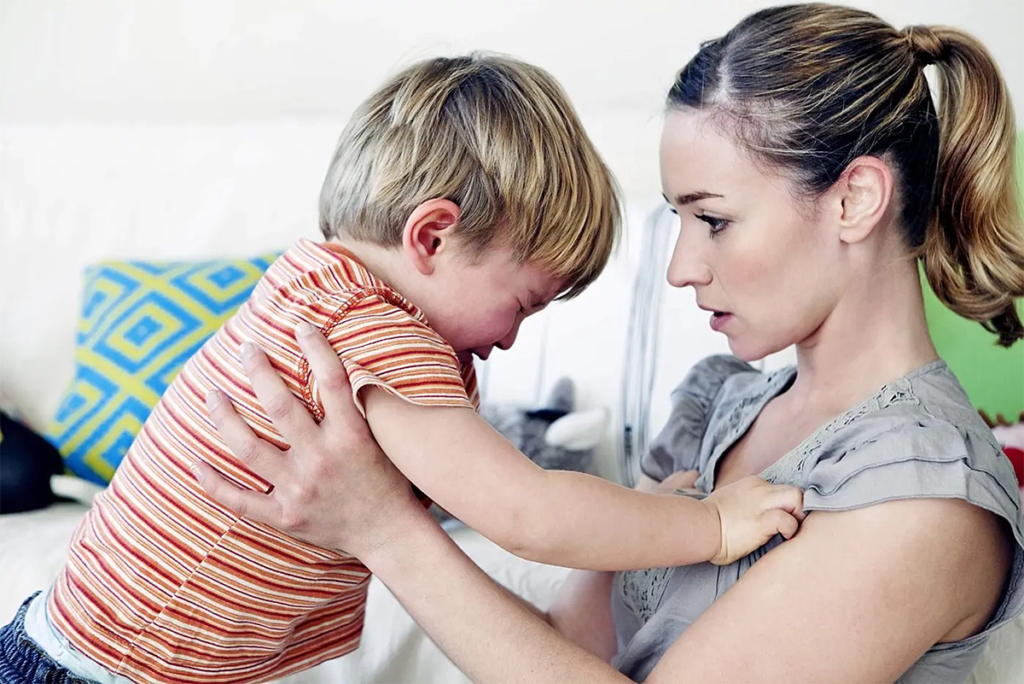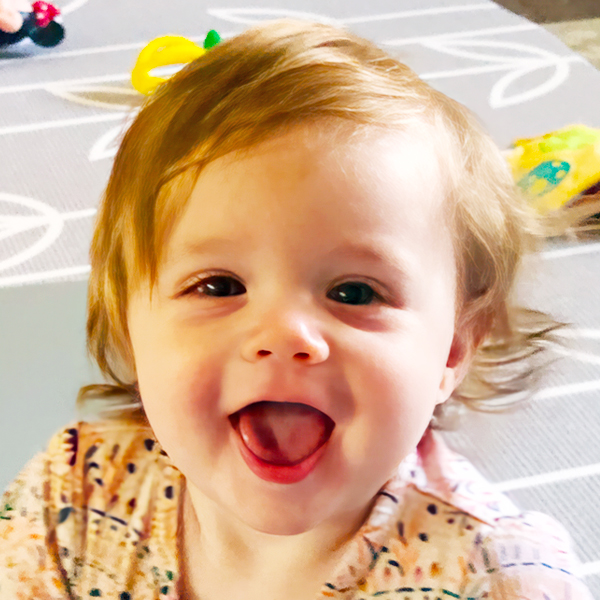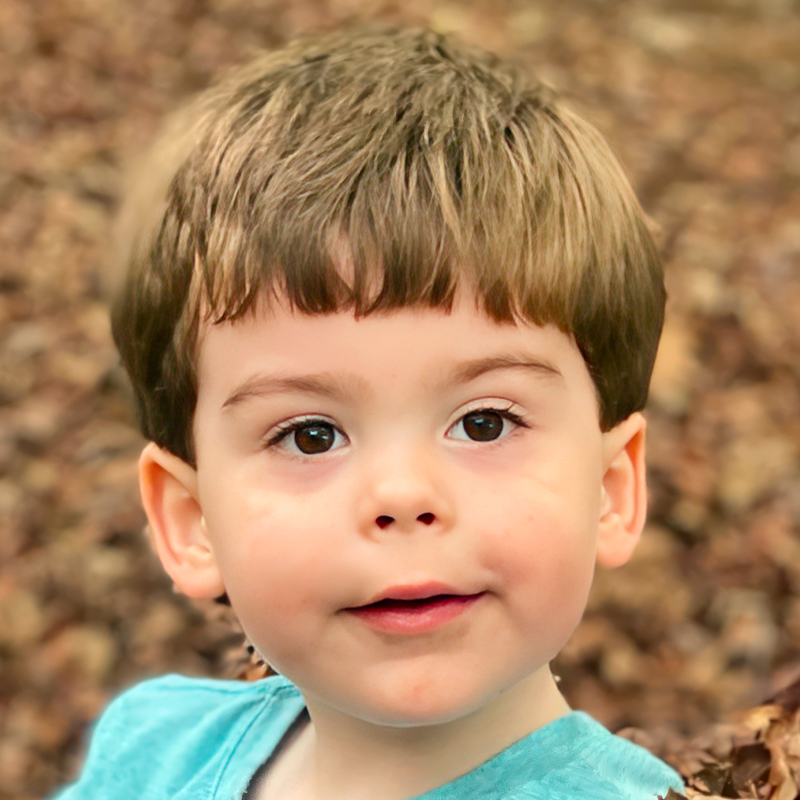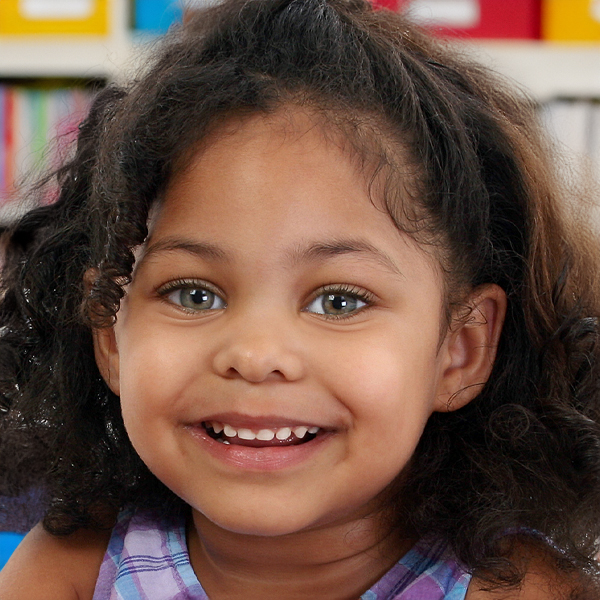When school, work, and life are in full swing, you may feel like things are moving so fast that the wheels are starting to come off the family station wagon. As we watch kids struggle with their own emotions, peers, and academics, it is easy as a parent to feel our own emotional intensity creep in while just trying to keep our head above water
As a parent desiring emotion regulation for your children, the single most important thing you can do for them is be regulated yourself. Children and Adolescents, regardless of their age, will feed off of your emotional reaction. We’ve seen it time and time again: you try to raise your voice in order to get their attention and they only end up matching (and quickly passing you!) in volume and intensity. If adults act on emotional impulses, children will learn to do the same.
What is emotion regulation though? The biggest myth we have about self-regulating emotions is that it means we control them. Emotion regulation refers to how we manage stress and cope through it, not control it. Controlling your child’s behavior is not indicative of good parenting, regulating your own despite their behavior is. We set the foundation for this lifelong lesson by modeling how to effectively deal with our own emotions and stress.
Food for Thought: am I checking in with myself or just plowing through the week? How am I really doing?
Written By: Ashlyn Ellington, LCSW
www.ashlynellington.com







